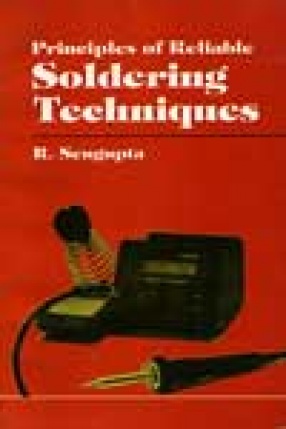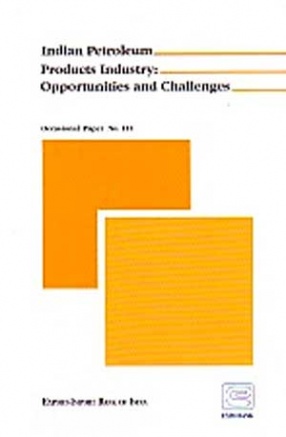Soldering, though being an age old phenomenon, is still perhaps a difficult subject to understand, due to its interdisciplinary nature. In this book, efforts have been made to describe the physical theories responsible for making a good joint, the chemical actions during its formation and the electrical, thermal and mechanical requirements essential to ensure its reliability. The four M’s; material, machine, method and man, necessary for designing a solder joint have been described in detail. Further, process control, solder joint inspection criteria, solder joint defect analysis and its repair/rework are also discussed.
Additionally, brief introductions to Surface Mount Devices (SMD) and Surface Mount Technology (SMT) have been included a annexures. The book will be useful in industry, and to design production, process planning and quality control engineers, as well as in engineering/technical colleges to students as a reference book for the present and, hopefully, future modified courses. The academicians may find this book useful for redesigning the present Diploma (Electronics), B.Sc. (Electronics), B.Sc. (Instrumentation), B.E. and M.E. / M.Tech (Electrical, Electronic, Instrumentation) syllabus.
ABOUT THE AUTHOR R. Sengupta
R. Sengupta received his M.Sc. (Physics with specialisation in Electronics) and Ph.D. (Electronics, Faculty of Science) from Ranchi University in 1976 and 1983 respectively. Concurrently, he served as a lecturer in Physics in Ranchi University (1976-86), teaching Physics and Electronics to UG students.
In 1986, he joined the Dept. of Electronics, Govt. of India, where he is at present as Joint Director, at Electronic Regional Test Laboratory, Mumbai. He is also head of the Centre for Electronic Interconnection at E.R.T.L, Mumbai, which is offering training, consultancy and advisory services to western/central Indian industries in the area of soldering technique and its allied subjects, since 1989. Till date. Dr. Sengupta and his team have trained more than 2000 personnel from about 225 industries, some including multinationals also.
Dr. Sengupta has provided consultancy and advisory services to various industries for the overall improvement in PCB assembly process, establishment of through hole and SMD PCB assembly lines, soldering, process defect(s) analysis, implementation of ESD control programme in an electronic manufacturing unit, formation/certification of PCB assembly repair centre, etc.
Dr. Sengupta is a Fellow of IETE (India), Members of IPC (USA) and SMT (USA). He has authored more than 50 technical papers. He is also a Guest Faculty in I.I.T., Mumbai in their M.Tech (Reliability Engineering Programme).






There are no reviews yet.